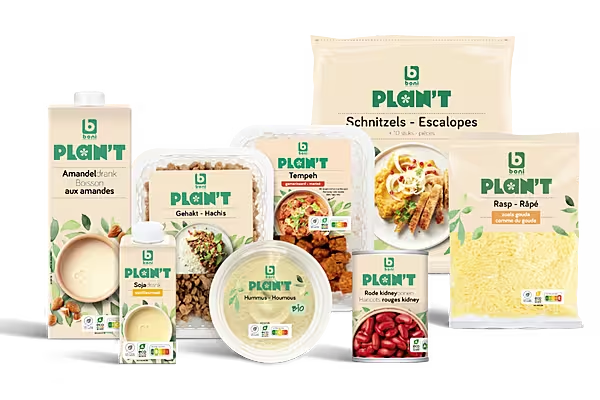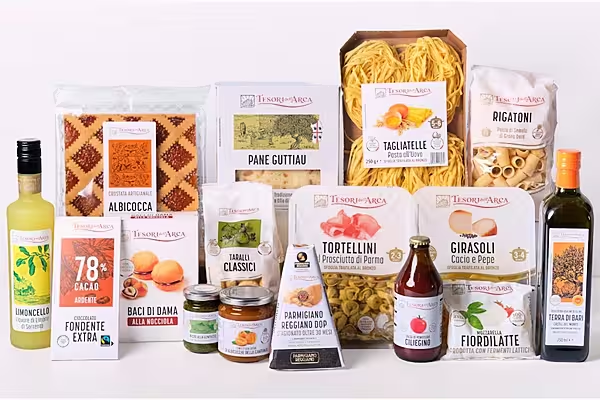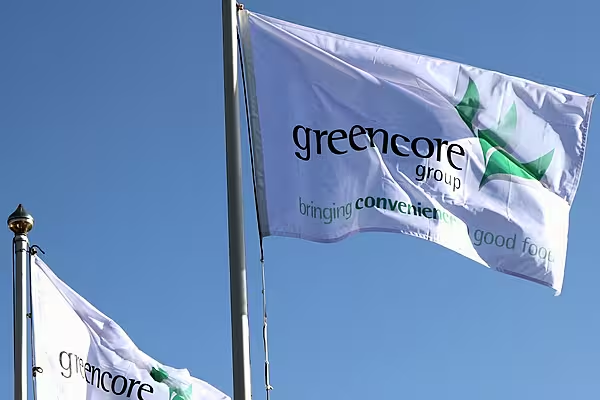Private-label manufacturer Cerealto Siro Foods has reported turnover of €577 million in its financial year 2019, down from €600 million in 2018.
The company's consolidated EBITDA amounted to €57 million, in line with its target for its first financial year as a single company after the merger of Siro and Cerealto in 2018.
Its production volumes for the year amounted to 374,000 tonnes from its facilities in Spain, Portugal, Italy, the United Kingdom, and Mexico.
The food company invested €11 million last year in launching approximately 223 new products in the international market.
The new products include biscuits with ginger and amaranth in Mexico; breakfast cereals filled with cream and cinnamon flavoured creams in the USA; children’s rice cakes with carrot and pumpkin in the UK; multigrain pasta with lentils and quinoa in Spain and Portugal; and a new range of organic products for Portugal and the USA.
Divestiture
The company has attributed the decline in turnover to the sale of its baby food, bread, and pastries business.
The move will help it to focus on developing its biscuit, cereal, pasta, and snack divisions and expand business in more markets, it said.
In 2019, the food manufacturer implemented an operational improvement plan to adapt to its new corporate situation after the merger.
Cerealto Siro Foods is also moving ahead with its Strategic Plan 2030, which is targeting a turnover of €2 billion by 2030.
It will achieve this goal by focusing on internationally relevant strategic clients and becoming the top producer of cereal food products for clients in the retail and B2B sectors, it said.
Growth Strategy
The company plans to invest €120 million up to 2023 as part of its growth strategy.
In 2020, it aims to release €25 million for investments in growing the business.
The food company has launched a new production line for cereal bars at its plant in Aguilar de Campoo in Spain, while it has also initiated several projects for digital transformation in the agri-food industry.
Innovation
In 2019, the company focused on making its products more nutritious by reducing sugar and increasing fibre content and calcium content in its products.
The company partnered with I+Dea and IBM to design the artificial intelligence tool I+Radar, which will help the company to analyse consumer preferences and identify hyperlocal trends for customised services.
© 2020 European Supermarket Magazine – your source for the latest retail news. Article by Dayeeta Das. Click subscribe to sign up to ESM: The European Supermarket Magazine.














